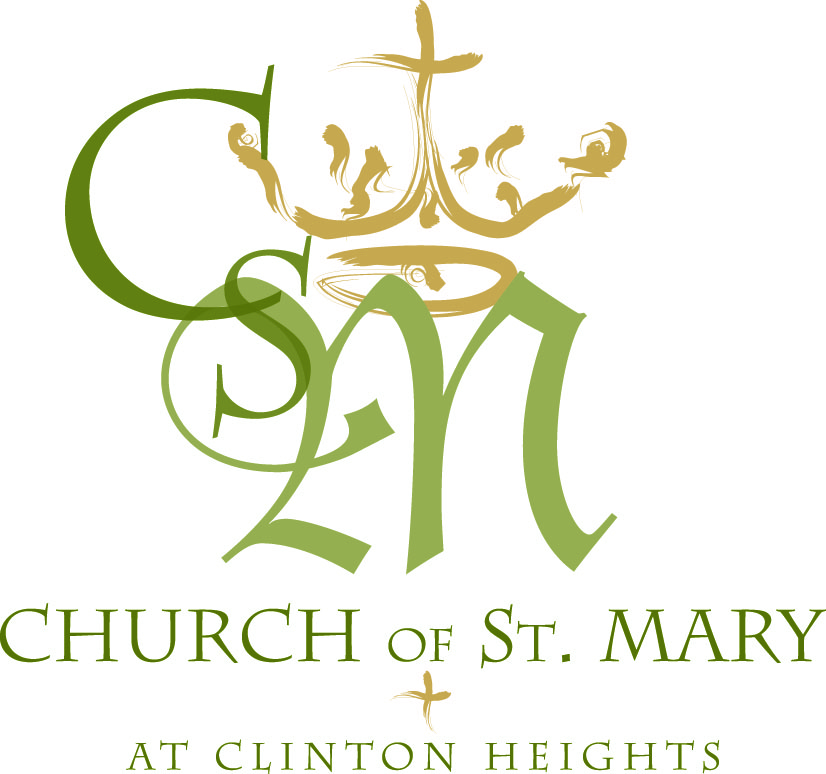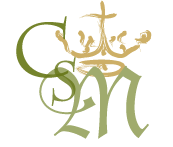There is a maxim in our Church’s moral teaching that presents “authority & power” as the ability to discern or discover what is right and good, and flowing from that knowledge, the ability to bring it about. In other words, we do not have the authority to decide what is good or rightonly God has such an authorship. Our authority rests in discovering what is good and right according to the Lord. Once our discernment allows us to see rightly, we then have the power to exercise the good and that which is right.
Since these are the case, clearly the problems that the prophet Isaiah has with Shebna in our first reading are justified. Shebna, being given authority and power over King David’s household, abuses these by taking bribes, serving his own, personal interests above those of the realm and its people. Even Isaiah’s condemnation of Shebna is harsh, because in his selection of Eliakim, Isaiah chooses wrongly in establishing a new “keeper of King David’s keys”. Yes, even Eliakim abuses his authority and power as did Shebna. Such is the case of much of our human history, is it not?
If we look at our own earthly rulers, for example, we see the corruption of authority and the abuse of power in establishing laws that are not in keeping with ‘the Good’…and instead they claim the right to establish & decide what is good, what is right. In other words, they claim authorship that is never ours (see our second reading: Paul praises God who’s knowledge and ways are inscrutable and unsearchable, but ways that are still revealed to us as ‘the Good’).
 But thanks be to God who gives us His Son! In our gospel, Peter, once he professes Jesus as “the Christ, the Son of the living God”, authority is seated within him (keys to the Kingdom of Heaven) and power is thus shared (to loose and to bind). It is from Peter’s profession of faith, and his living in the midst of God’s own life, that he receives such authority and power.
But thanks be to God who gives us His Son! In our gospel, Peter, once he professes Jesus as “the Christ, the Son of the living God”, authority is seated within him (keys to the Kingdom of Heaven) and power is thus shared (to loose and to bind). It is from Peter’s profession of faith, and his living in the midst of God’s own life, that he receives such authority and power.
And so it is for us as well: from our baptism, from our profession of faith, we too are now enabled to exercise authority in discerning and discovering what, in the mind of God, is good and right and true. Once we see such things, we are then given the power to bring them about in our own day. We are able, for example, to proclaim with full voice that human life is God’s pure gift to us and it mustin all its varied formsbe respected and reverenced. We are able, for example, to declare that certain laws against immigrants are truly unjust, not befitting people who live by truth and justice. We are able, moreover, to proclaim that a troubled economy must never abandon the poor and the vulnerableour sisters and brothers who are so unfortunate in their gifts, who need to be protected and secure, who have no one to care for them except our whole society. In all of these examples, and many more, we are God’s people when we acknowledge that “Jesus is the Christ, the Son of the Living God” and we then work in our world to fulfill His commands to love and serve the least of our brothers and sisters.
May St. Peter pray for us; may our Church encourage us to know the right and to follow it; and may all God’s people flourish in right authority and power…for good.
God bless you,
Fr. David





